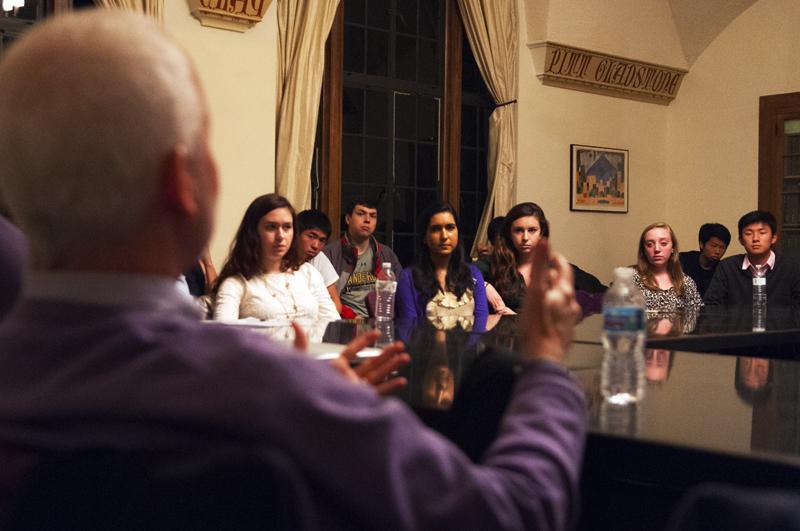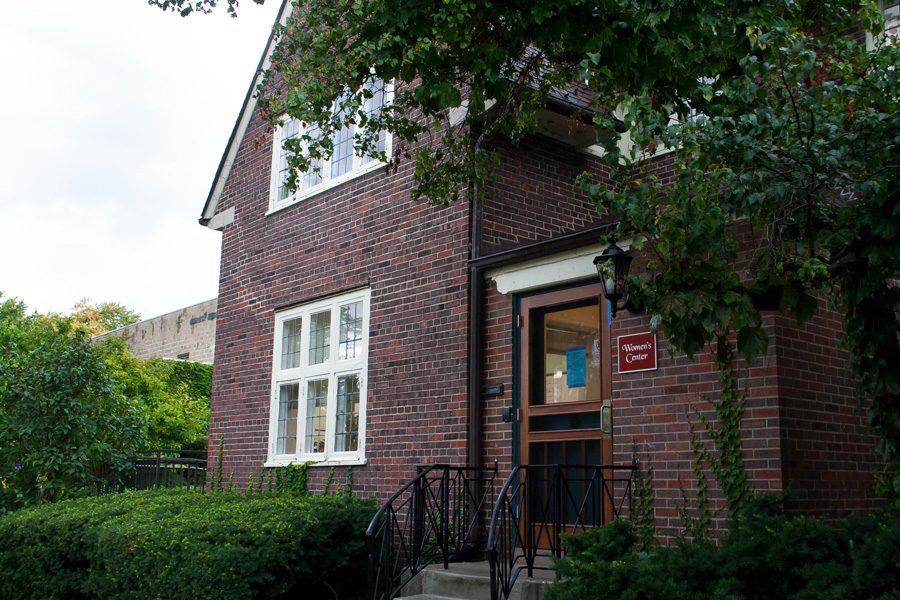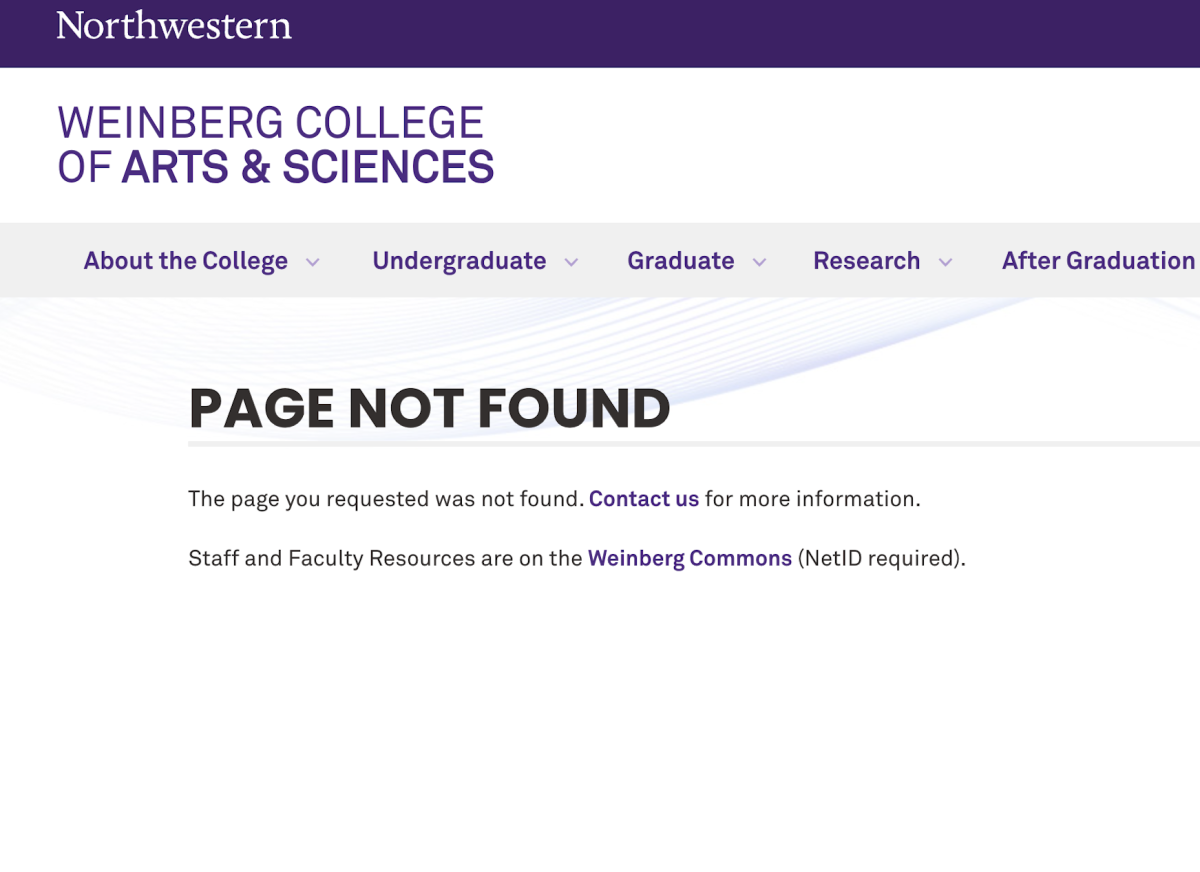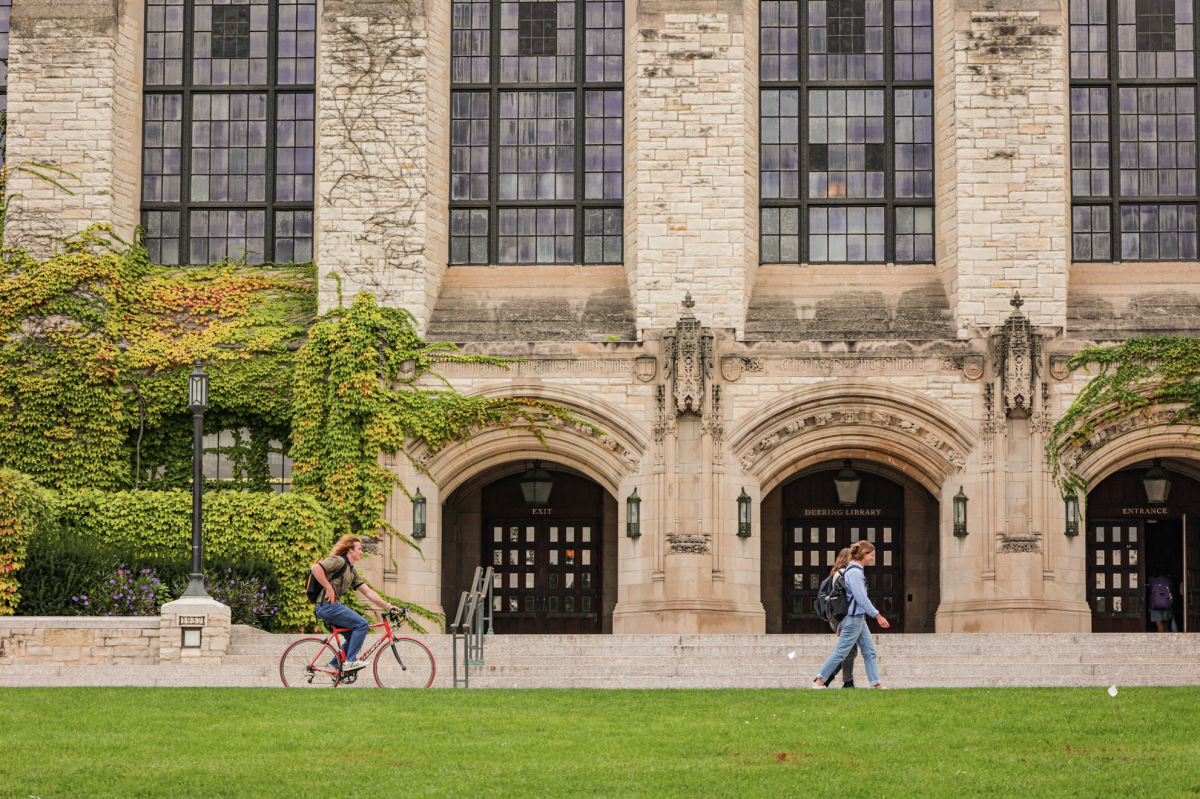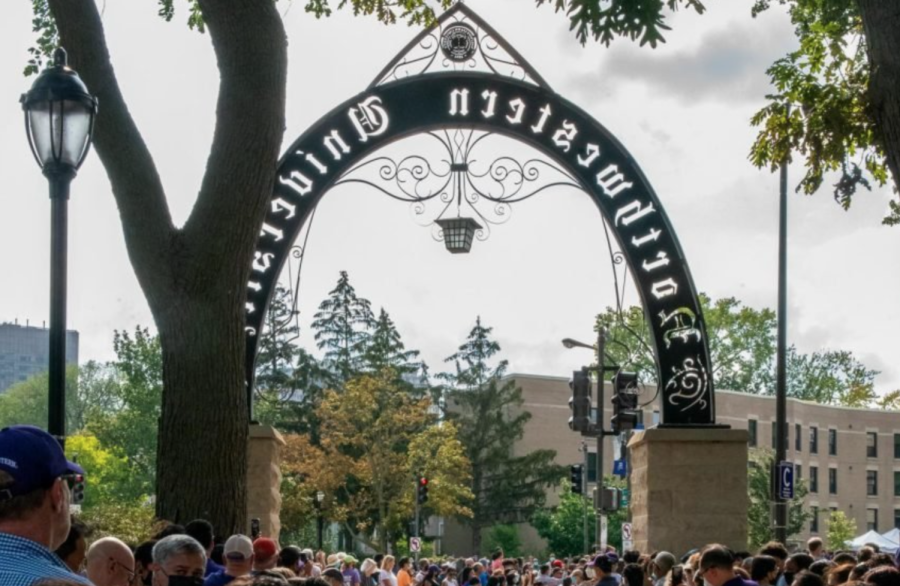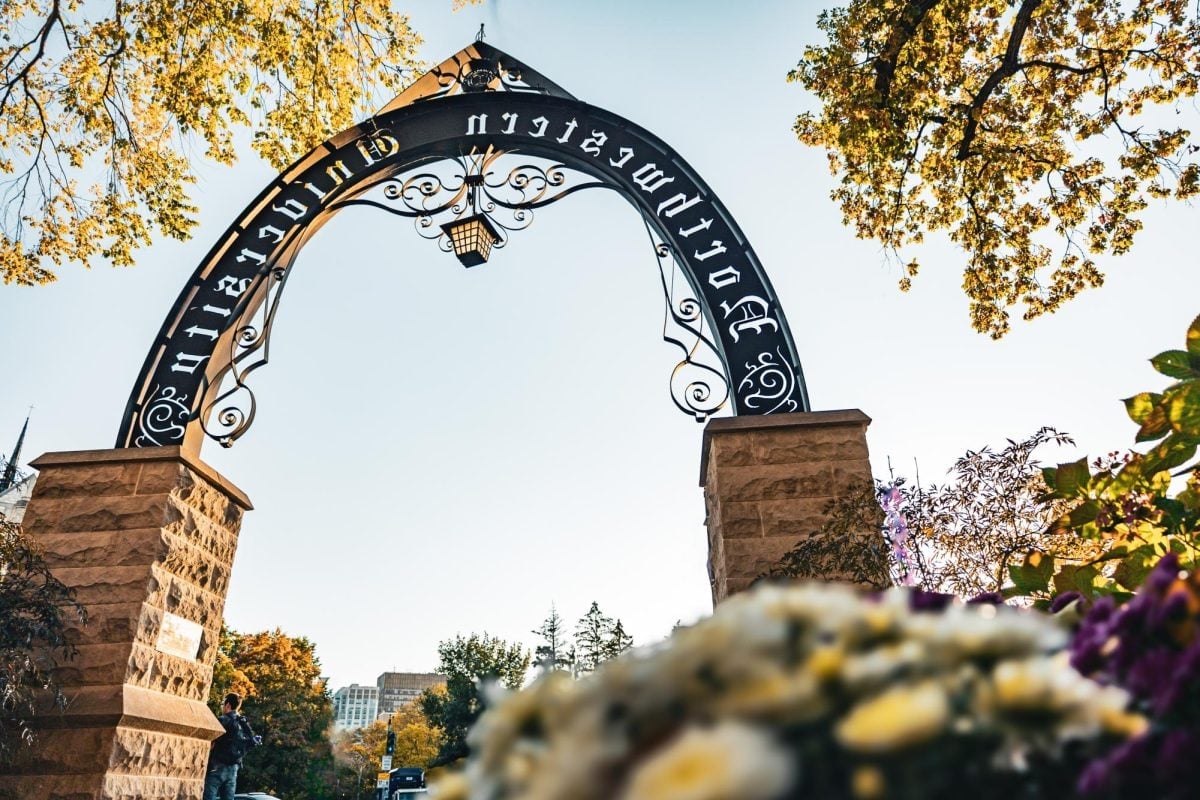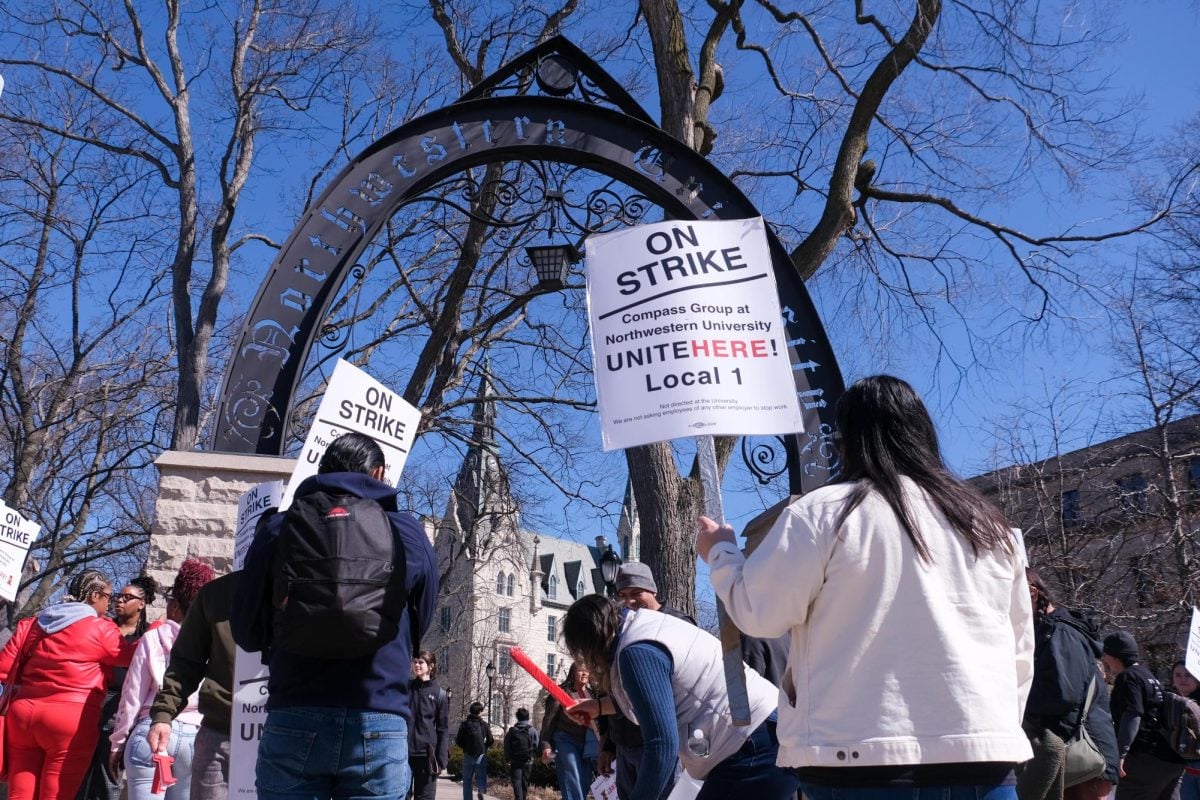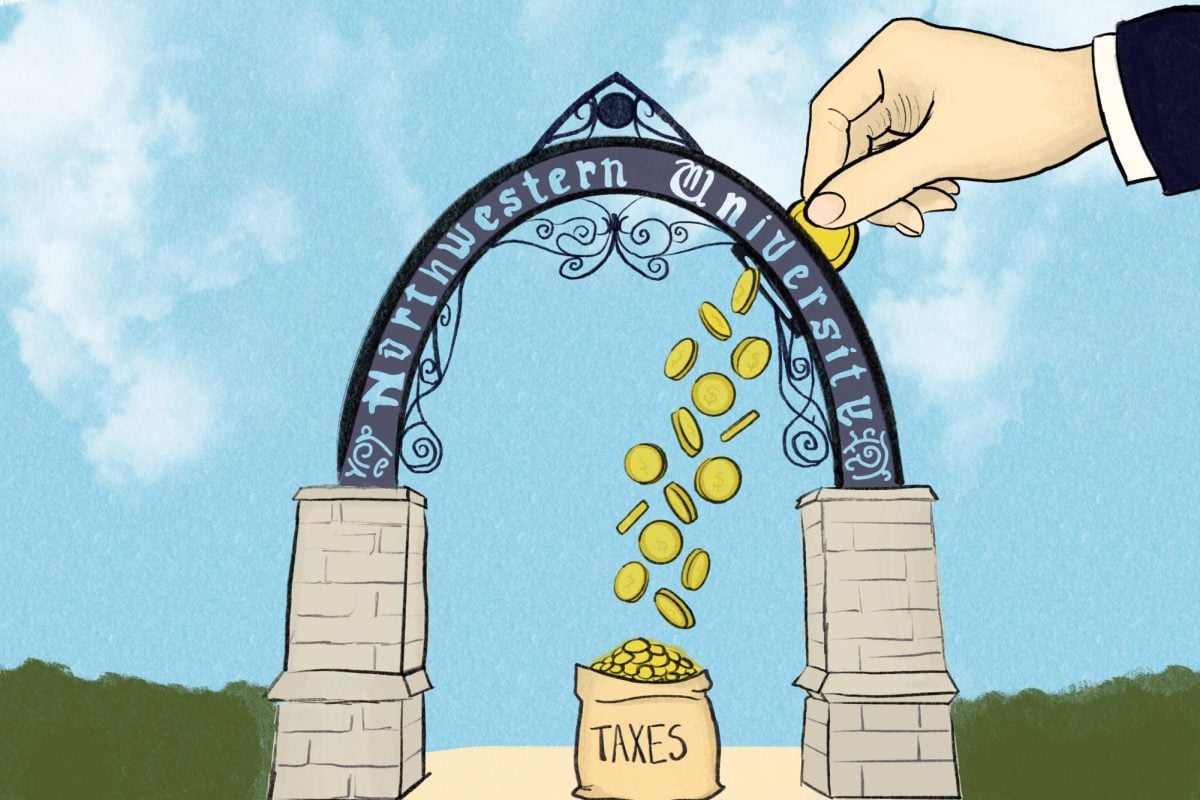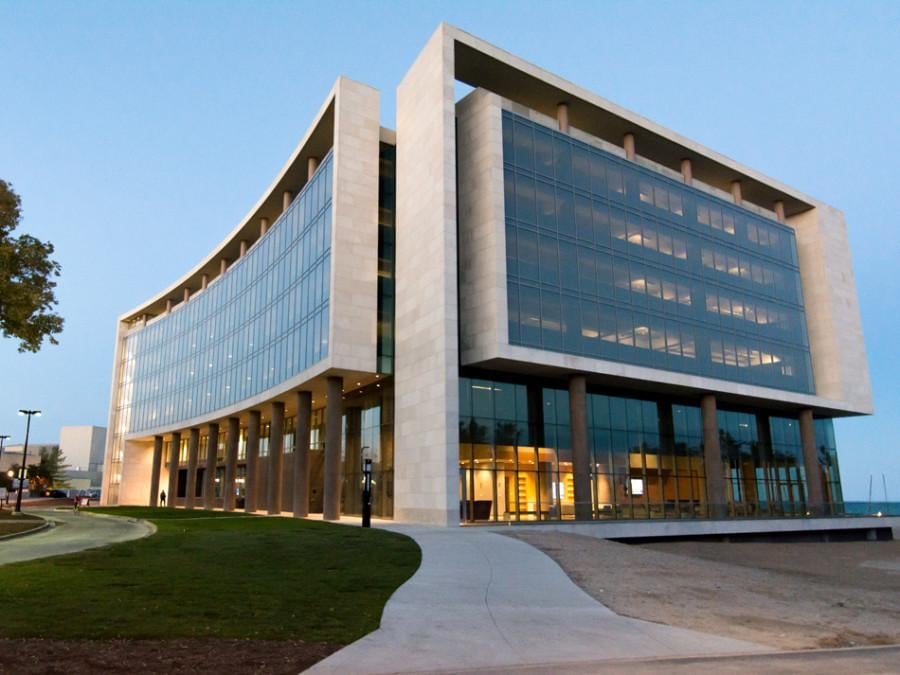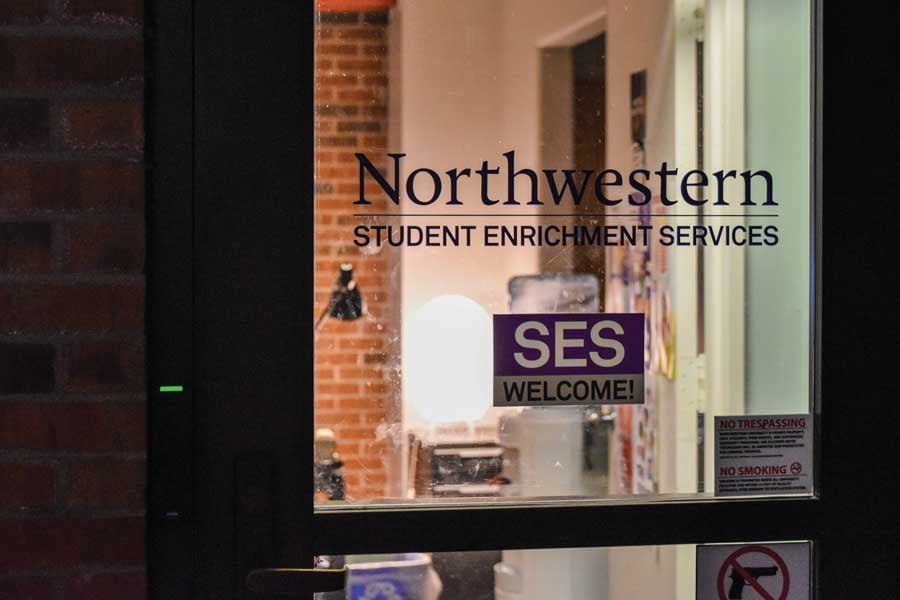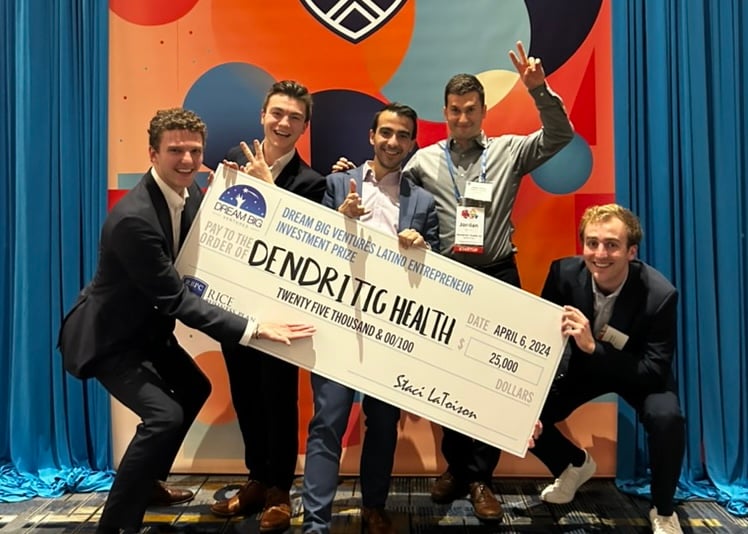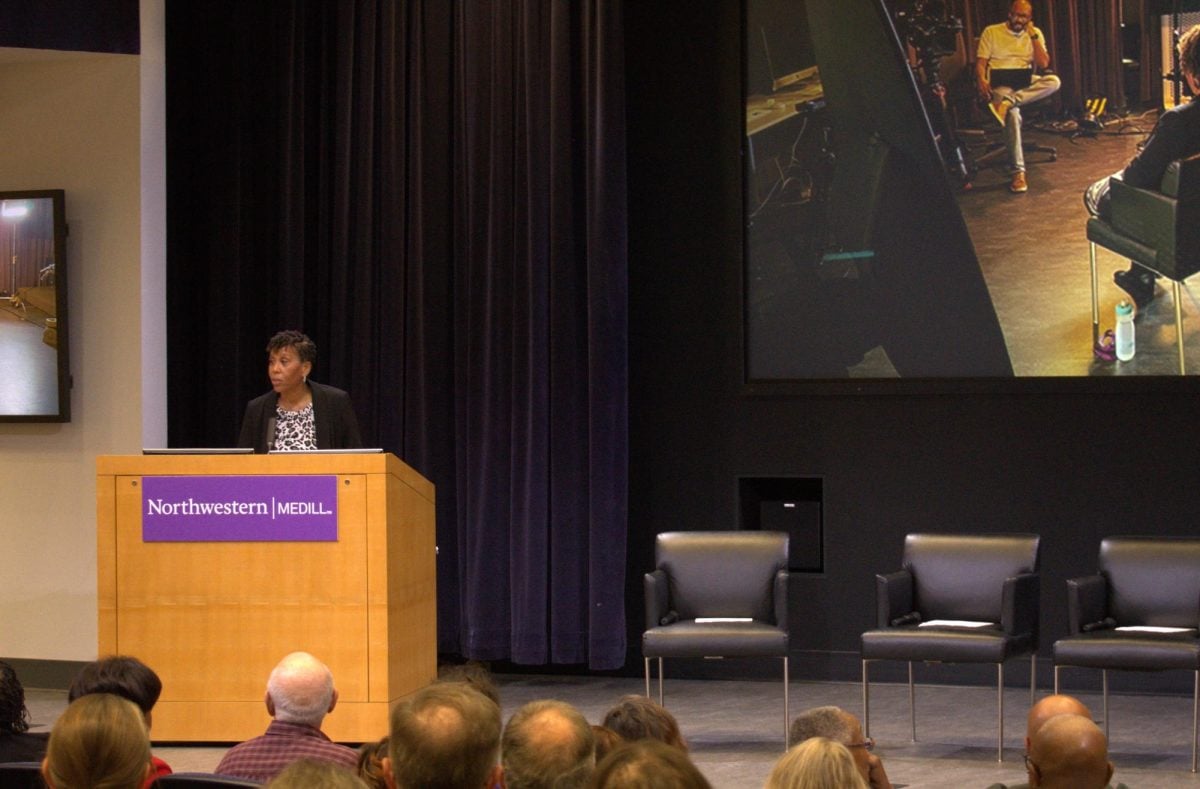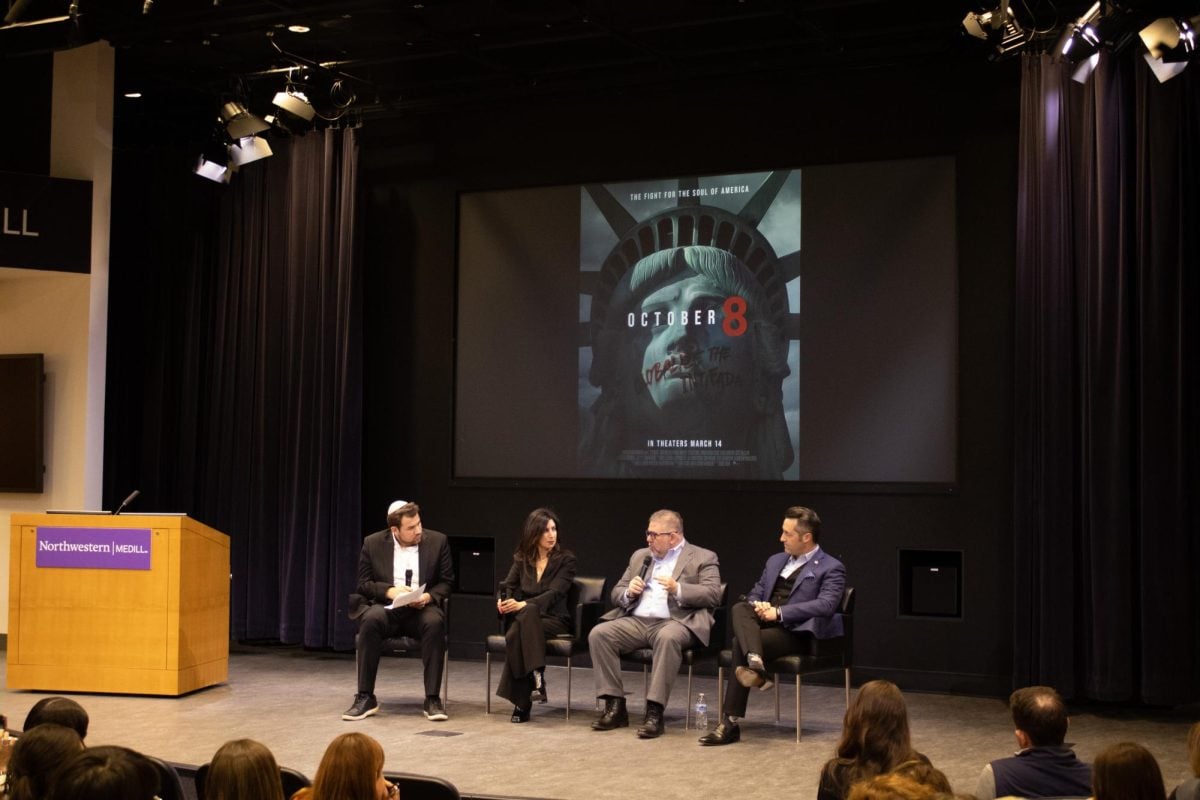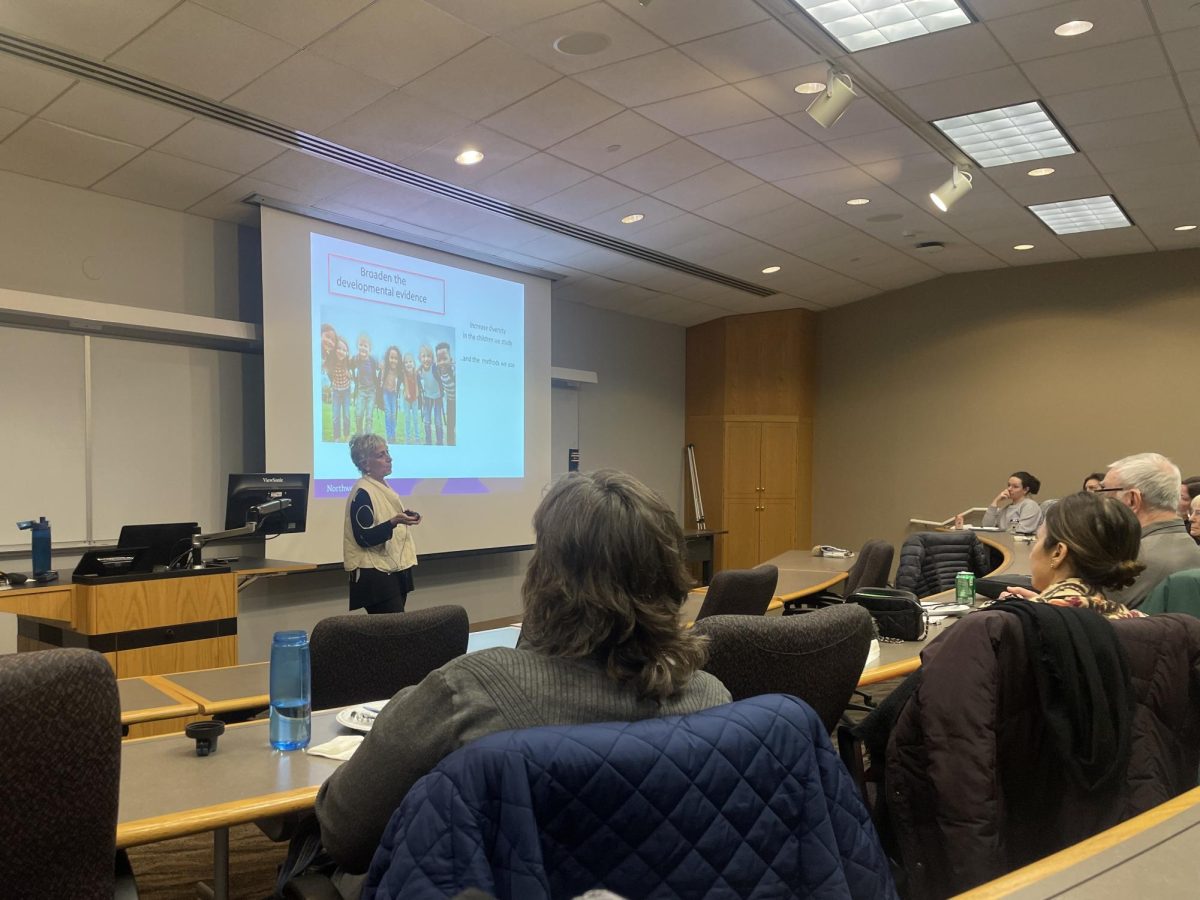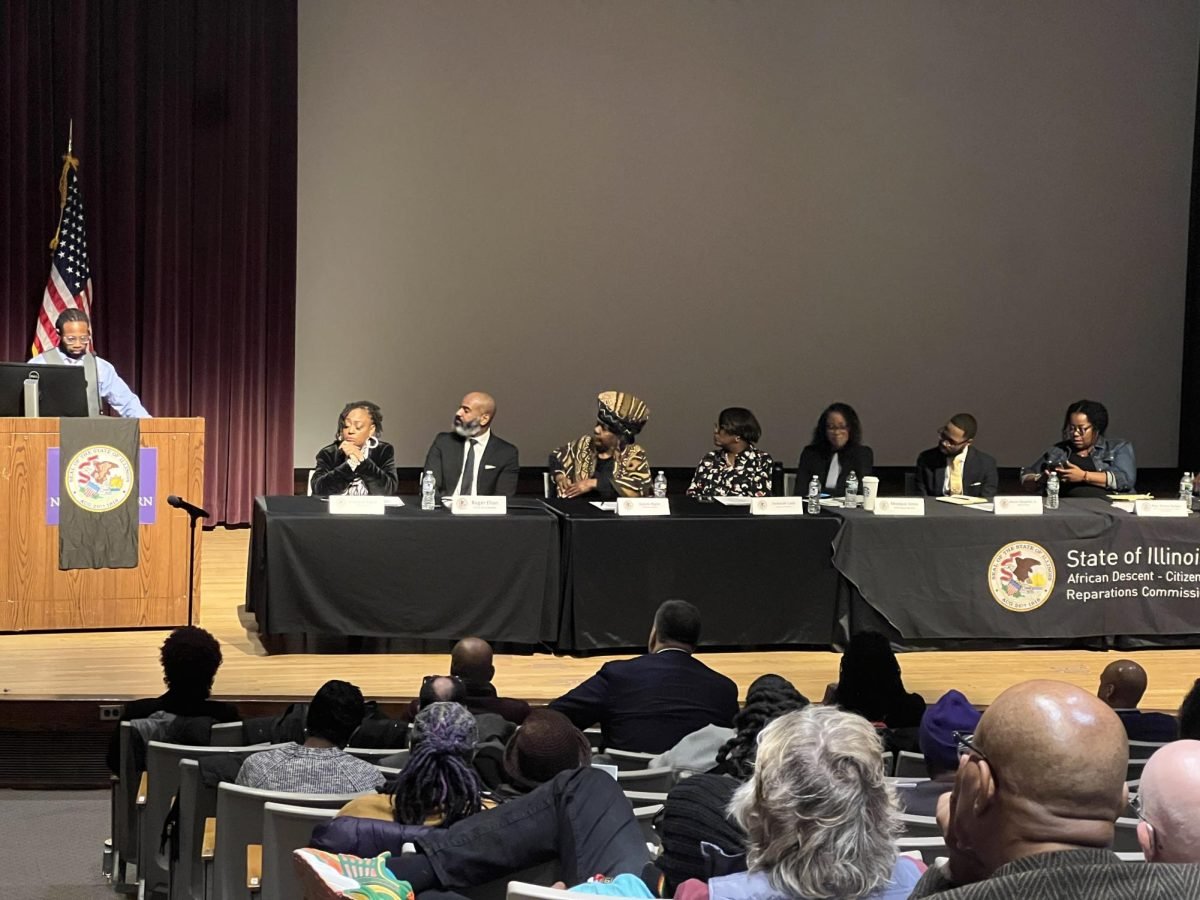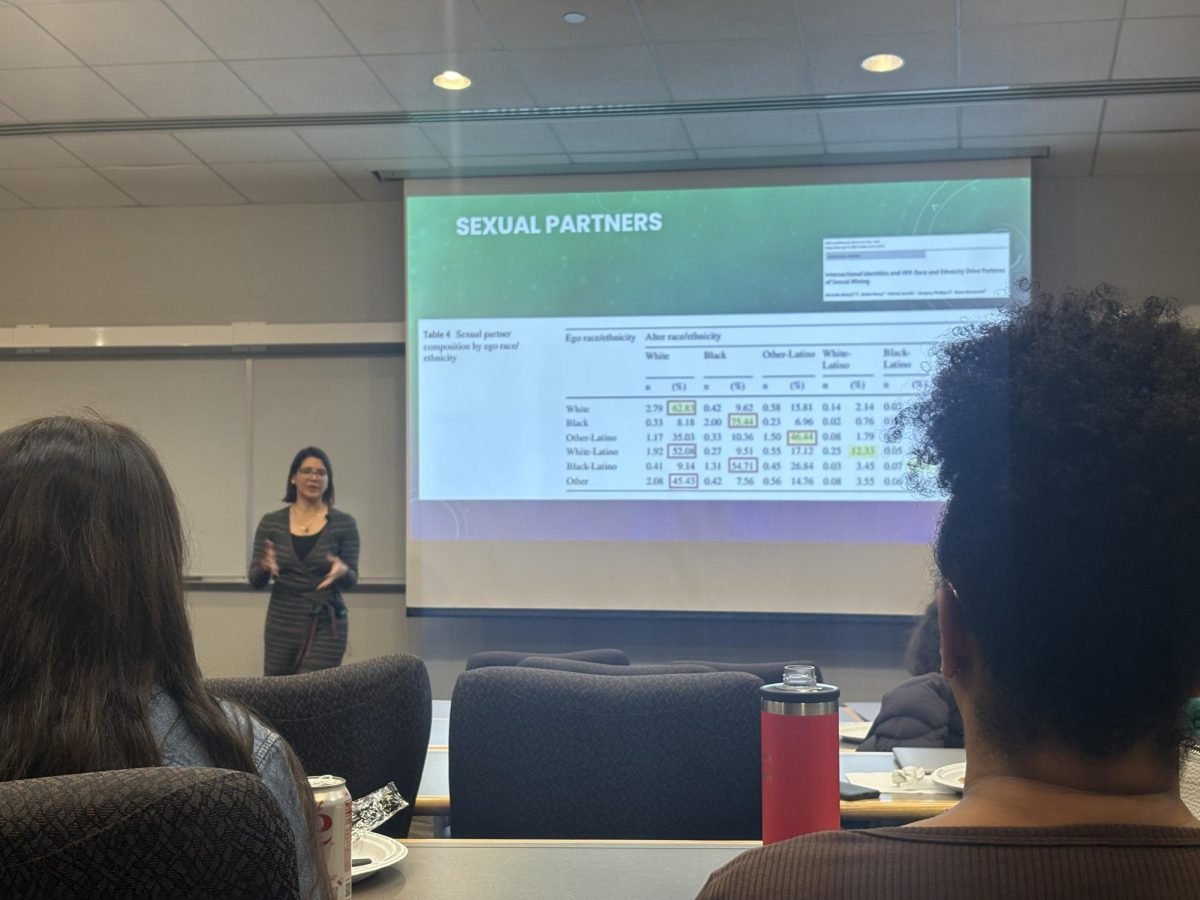University President Morton Schapiro discussed the economic value of a college education at a Political Union event on Wednesday.
About 20 people attended the event in Scott Hall. Weinberg senior Sam Ide, moderator for Political Union, launched the talk by asking Schapiro to speak about the costs and benefits of a private education versus a public education.
Schapiro, also an economics professor, said whether someone gets a better payoff going to a public or private college is largely tied to demographics. He referenced a study he performed comparing payoffs among white men, white women, black men and black women.
“I found … that if you are a white man, it pretty much doesn’t matter,” Schapiro said. “It’s not better to go to Urbana than to Northwestern … (but for) white women, no. You should go to the most selective private (school), pay the extra because it matters more. Black woman? Even more a better decision, and for black men? No comparison — you’re out of your mind not to go to the most selective private you can get into.”
After Schapiro discussed the merits of public and private colleges, student attendees posed questions about a range of topics, including race in college admissions, college dropout rates and student loans.
Schapiro said he worries most that loans deter students from attending college, which he called “the best investment of their lives.” Nationally, one-third of all students do not have any college loans, and two-thirds carry an average loan of $27,600, which is paid off quickly, Schapiro said.
“The New York Times loves to find the one barista with $110,000 in loans — investigative journalism is alive and well,” he said.
Schapiro was critical of former President Bill Clinton and President Barack Obama for talking about college as a homogeneous entity because he said not all colleges are the same.
“It tricks people into thinking it doesn’t matter where you go, but it does matter where you go,” Schapiro said. “College is not a commodity.”
Other students asked about tuition inflation, which Schapiro said he does not see as a problem. Only 13 percent of students at four-year private universities pay the full sticker price of tuition, he said.
“The world is such that the discount off the sticker price is so high now that while sticker price has increased at 4 percent a year, net price if anything in real terms, has actually gone down,” Schapiro said.
Although most of Schapiro’s remarks came from an economic perspective, he also touched on the politics of government involvement in the free market with regard to discrimination in job hiring.
“After 60 years, you have to question whether the markets are efficient enough or competitive enough that it’s going to wipe off statistical discrimination,” Schapiro said. “I’m very skeptical, even though I’m a free market guy … and I don’t believe in a big role of government. That’s where you really need a big role in government.”
Ben Koltun, a Weinberg junior studying economics and co-president of Political Union, said the organization brings students of different political affiliations together to respectfully debate a variety of issues. Before the event, Koltun said he was excited for the discussion with Schapiro.
“I have great respect for him,” Koltun said. “He’s a leader of this huge organization, Northwestern, with all that entails.”
Political Union’s next event will be a Q-and-A session with Rep. Jan Schakowsky (D-Ill.) on Nov. 6.
Email: jordanharrison2017@u.northwestern.edu
Twitter: @MedillJordan

